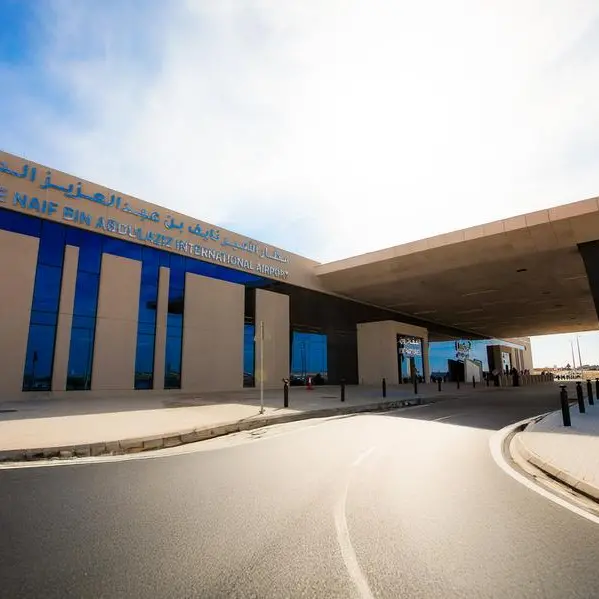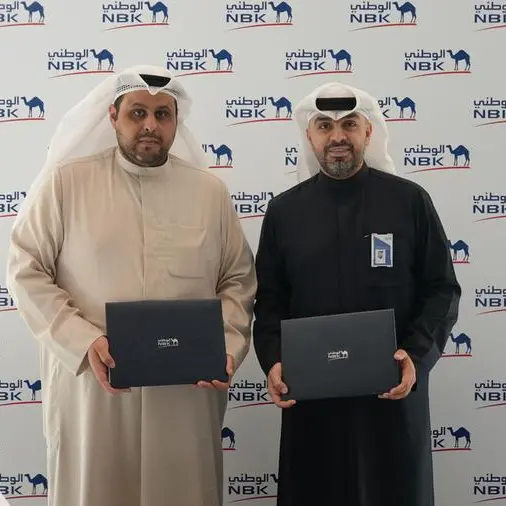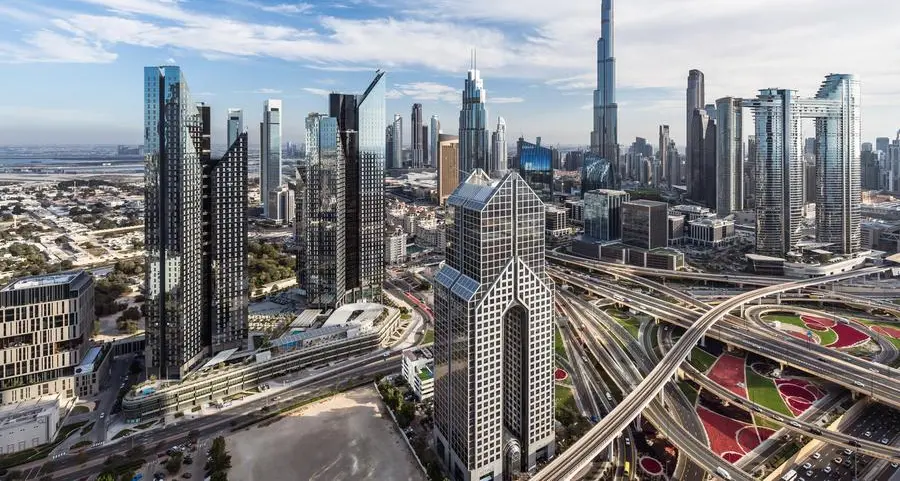Propertyfinder Group expects a further strengthening of the UAE dirham to weigh on the Emirates’s real estate sector this year by making homes more expensive for foreign investors and also driving up borrowing costs for residents.
The dollar, to which the dirham is pegged, hit a 31-year high versus the pound this month, is within $0.02 of a five-year peak against the euro and has again strengthened relative to emerging market currencies as traders bet a Donald Trump presidency will lead to higher U.S. inflation and further rate rises by the Federal Reserve.
The dirham’s dollar peg means decisions made in Washington have a big impact in the UAE and while a buoyant greenback is a boon for expat workers wishing to send money home it’s less beneficial to the property market.
Lukman Hajje, Propertyfinder Group CCO says: “A stronger dollar makes UAE property more expensive and less attractive for both locals and non-locals alike.
“We've seen clear evidence on propertyfinder.ae of UAE property prices declining as the dollar has strengthened. We saw this in the second half of 2016 in the Brexit aftermath as British and European expats shifted their attentions back to their home markets which suddenly became more attractive, in many cases liquidating UAE property assets to take advantage of favorable currency exchange.”
Dubai property prices made single-digit declines in 2016, but with the dirham rising 16 percent against the pound and achieving small gains versus both the euro and Indian rupee, property sellers could still enjoy a tidy FX profit on top of any capital increases. Of course, the weak pound has also made property in Britain relatively cheaper for GCC nationals and others alike.
“This stimulated UAE sales activities, but decreased local prices,” says Hajje of propertfinder.ae, the UAE’s most popular online real estate search tool. “We expect to see more of this as the dollar strengthens further.”
That seems a likely scenario, with the U.S. Federal Reserve warning it expects to make three further interest rate rises in 2017, doubling current rates as newly-inaugurated President Trump tries to make good on his promises to accelerate U.S. economic growth and infrastructure spending. Three more rate hikes are scheduled for 2018.
Raising interest rates typically strengthens a currency and the UAE central bank will mirror any moves by the Fed to maintain the dollar peg – policy makers in Abu Dhabi immediately hiked UAE interest rates following the Fed’s most recent rate rise in December.
That spells more expense for UAE residents hoping to get onto the property ladder, which already involves some dizzying sums: mortgage rules require expat buyers to pay a minimum 25 percent deposit, plus up to 7 percent fees on their first property, while subsequent properties need a 40 percent deposit.
“While the fundamentals of the UAE property market remain strong, restrictive lending practices make the market even more costly to get into,” adds Hajje.
“This takes a big chunk of potential buyers out of play, particularly those living and working in the UAE who'd like to get out of the endless rent spiral but just can't afford to.”
© Press Release 2017



















